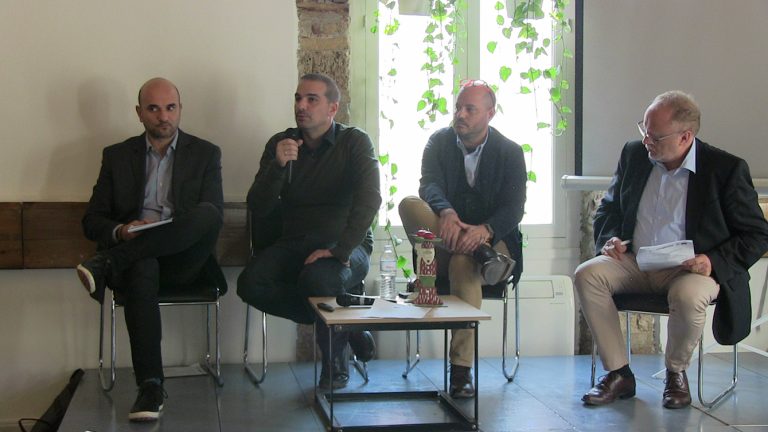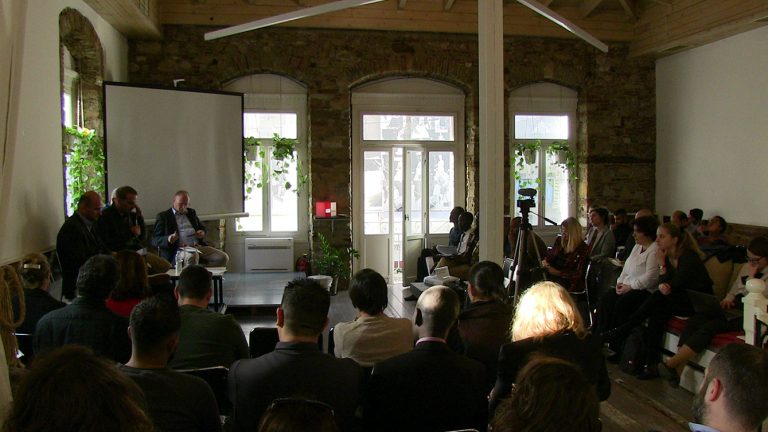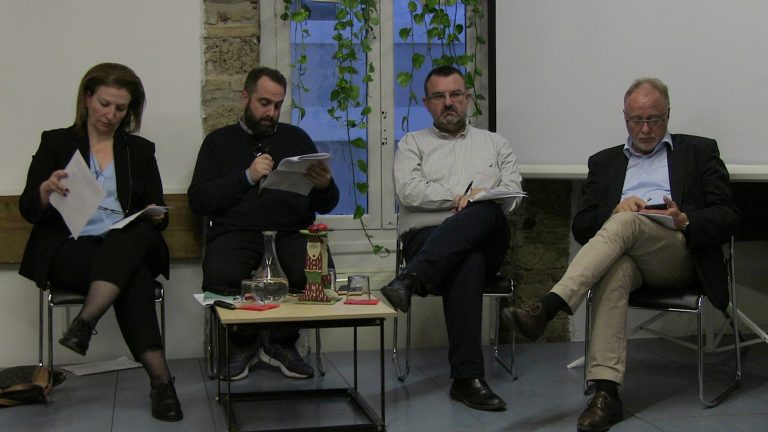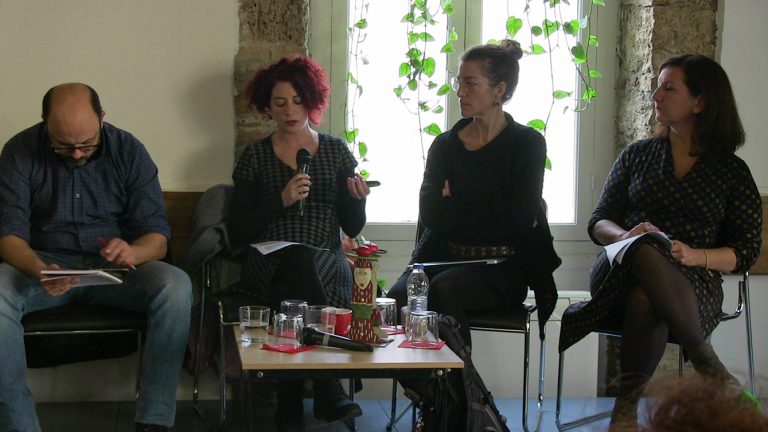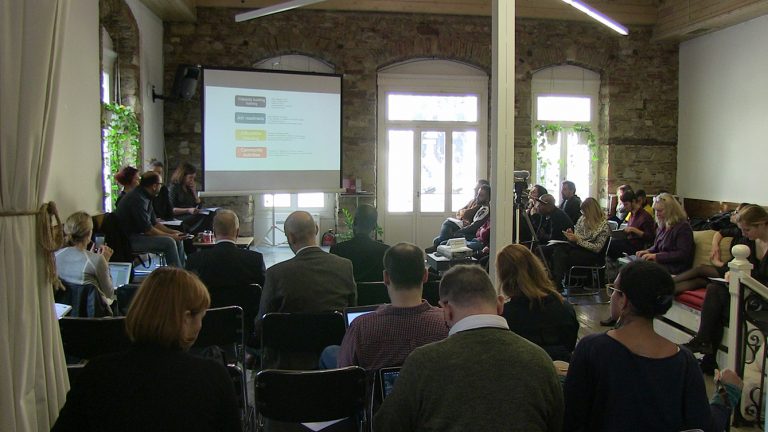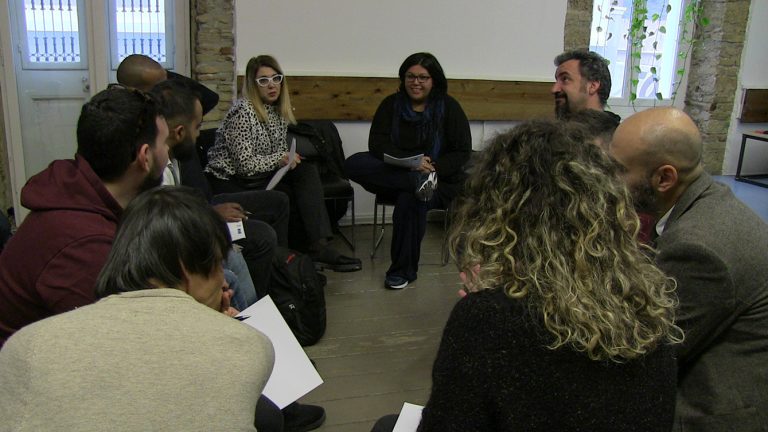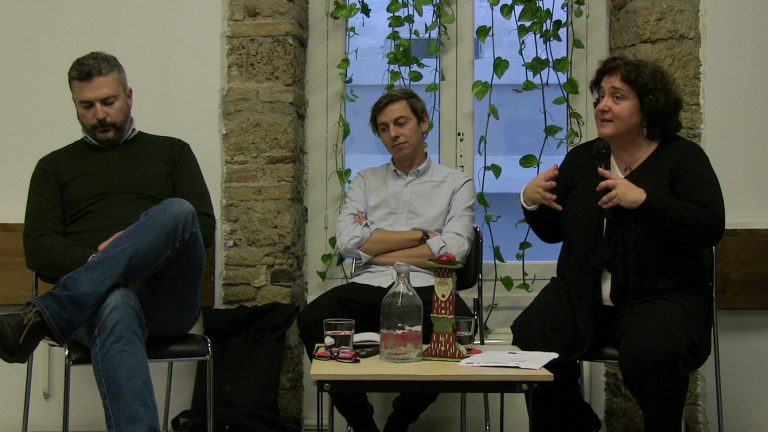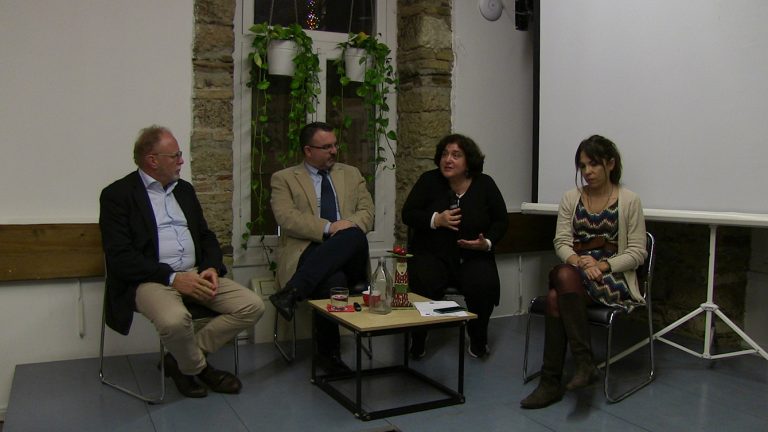Democratic governance of migration: Aligning the national and the local, Seminar
In response to the high number of refugees arriving in Europe since 2015, the Council of Europe is assessing the feasibility of setting up an ‘Academy for Democratic Leadership for Persons with a Refugee Background’. This project’s overall objective is to contribute pro-actively to the successful integration of newcomers into European societies.
The feasibility of the project is being explored by a series of four pilot seminars. With each seminar taking place in a different location, it will be possible to obtain a diversified pool of resources to draw from for feedback, ideas and proposals that will aid in establishing the conceptual and organisational parameters for setting up the Academy. The first three pilot seminars of the planned Academy took place in October 2018 in Berlin, in June 2019 in Strasbourg and in October 2019 in Rovereto and addressed respectively the themes of democratic participation of refugees in European societies and the efficient protection of unaccompanied minors, Refugees’ education for democratic citizenship.
The 4th Pilot Seminar on Democratic Governance of Migration: Aligning the national and the local brought together more than 100 participants and presenters, including policy makers, organisations and individuals with a refugee background and actors representing civil society organisations working with refugees and migrants in Athens from 9 to 10 December 2019.
The Seminar discussed democratic governance of migration and forced displacement. Urban settlement and dispersal imply the generation of new forms of decision making that are often performed in collaboration between different actors (local administration, citizen initiatives, through multilevel governance) and through a continuous negotiation between global and local forces/needs. Despite wide accounts of the multidimensionality of integration, and recognition that housing, labour and welfare are integral and indivisible components of socially inclusive cities, they are still dealt with in isolation, often creating double standards. The lack of migrant and refugee voices in policymaking is also an issue that has been highlighted widely. How do cities decide on migration? How do migrant and refugee communities ensure democratic representation and participation in civic and political decision making? How do governments ensure standards of rule of law and human rights when it comes to migration and forced displacement?
Photos
Video
Speaker: Harris Kalliaras, Advisor to the Mayor of the Trikala Municipality
Speaker: Lefteris Papayannakis, Head of Advocacy, SolidarityNow; former Vice Mayor on Migration and Refugees Athens Municipality
Speaker: Gavriil Sakellaridis, Head of Amnesty International in Greece
Supporters




